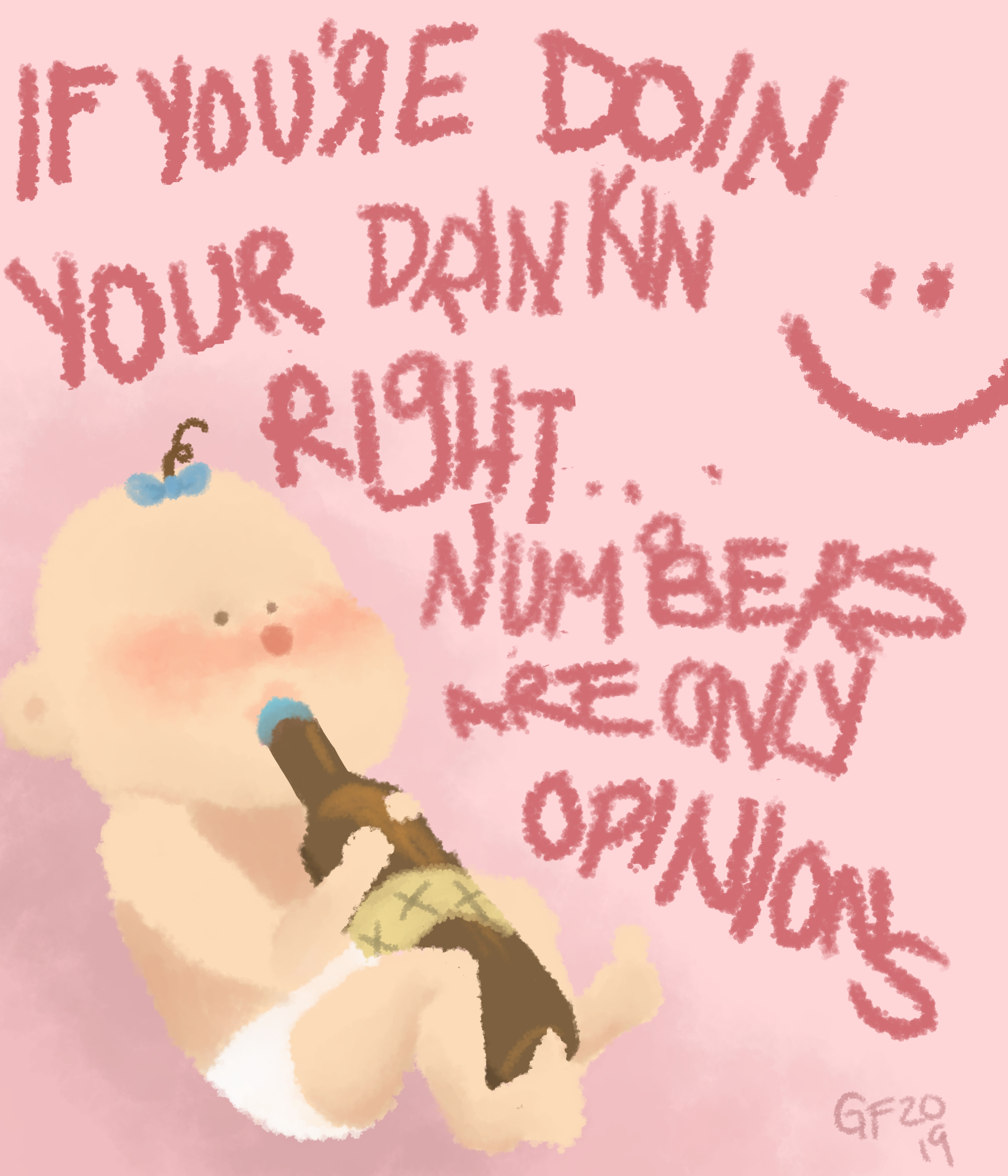Teenagers can vote and fight in wars…so why can’t they legally drink alcohol?
Many teens in America have come into contact with alcohol, and plenty have consumed it well before reaching the age of 21. So if teens can so easily get into contact with alcohol, then why has the government maintained its regulations against it, including prohibiting legal adults such as 18 years olds from purchasing and consuming alcohol?
After prohibition ended in the 1930s, most states set their drinking age at 21. After the passage of the 26th Amendment in 1971, which lowered the voting age to 18, many states lowered their drinking as well. State laws varied with ages ranging from 18 to 21. In 1984 in response to the rising level of drunk driving fatalities, especially among teens, the Reagan Administration raised the national drinking age to 21. Since the drinking age was widely seen as a state matter, the Reagan Administration threatened to withhold federal money for Interstate Highways if the states didn’t concede. Eventually, all states raised their drinking age to 21 leaving us with our current system.
So that’s the story of how we got our current drinking age. But, does it make sense? Should it be lowered? Raised?
Drunk driving was certainly a pervasive problem in the 1970s and 80s. According to the Department of Health and Human Services, alcohol was involved in over 60 percent of traffic deaths in the mid-70s. It was involved in two-thirds of traffic deaths of 16 to 20-year-olds. So the concern was certainly well-founded. And since the 1980s, the number of alcohol-related traffic deaths has declined including among 16 to 20-year-olds.
But perhaps even more interesting is the question of governmental ethics. Why should the government be stopping legal adults from consuming alcohol when those same people most other privileges and requirements of adulthood? One of the most prominent of these responsibilities is to serve in the military. A little over 5,400 people have died in the global War on Terror since 2001. The 26th Amendment, passed in 1971 to lower the voting age to 18, was pushed for by young people who argued that if they were old enough to be drafted, sent to war, and potentially die, then how were they not old enough to vote for the people who may make those very decisions? If 18, 19, and 20 year-olds are old enough to be in the military, why can’t they drink?
Still, drinking remains a national health issue. According to the NIH, 14.1 million American adults suffer from Alcohol Use Disorder, and 443,000 children from the ages of 12 to 17 suffer from the disorder. That’s 5 and 2 percent of the respective populations suffering from a serious mental disorder that can not only affect their own well-being, but also that of those around them. Despite the higher drinking age, almost 20 percent of people aged 12 to 20 reported drinking over the previous month and over 5,000 American adolescents die from underage drinking every year. 88,000 Americans die every year from alcohol-related issues, making it the third leading preventable cause of death in the United States.
In 1985, shortly after the age went up, 59 percent of teens reported drinking in the previous month. This shows that that number has gone down. But on college campuses, the numbers are much more similar to those of the 1980s. 53 percent of college students reported drinking in the previous month compared with 49 percent of non-college students in the same age range.
There are some massive inconsistencies in how our country allows adults to live. There can be no doubt that alcoholism is a scourge on our nation’s collective health, but to change this we cannot look exclusively to legislation. We must alter the way we view alcoholism and addiction in general and allow comprehensive health care to help heal Americans. America must also alter how we drink. We must stop the scare tactics used in schools that only encourage teens to drink and perform other dangerous activities as a form of rebellion. This cannot be a governmental change, it has to be a societal and cultural one.
George Christopher is a first-year journalism major forever thinking complexly about the status quo. They can be reached a gchristopher@ithaca.edu.

